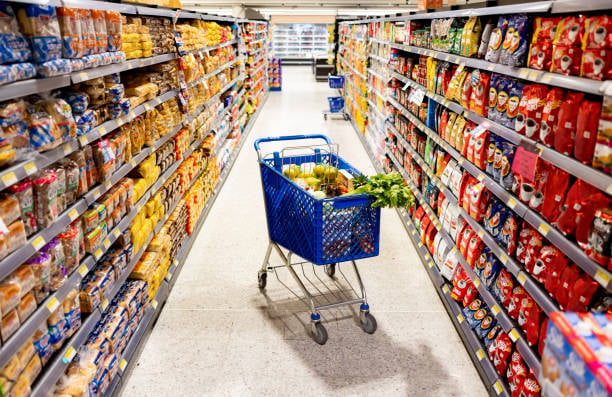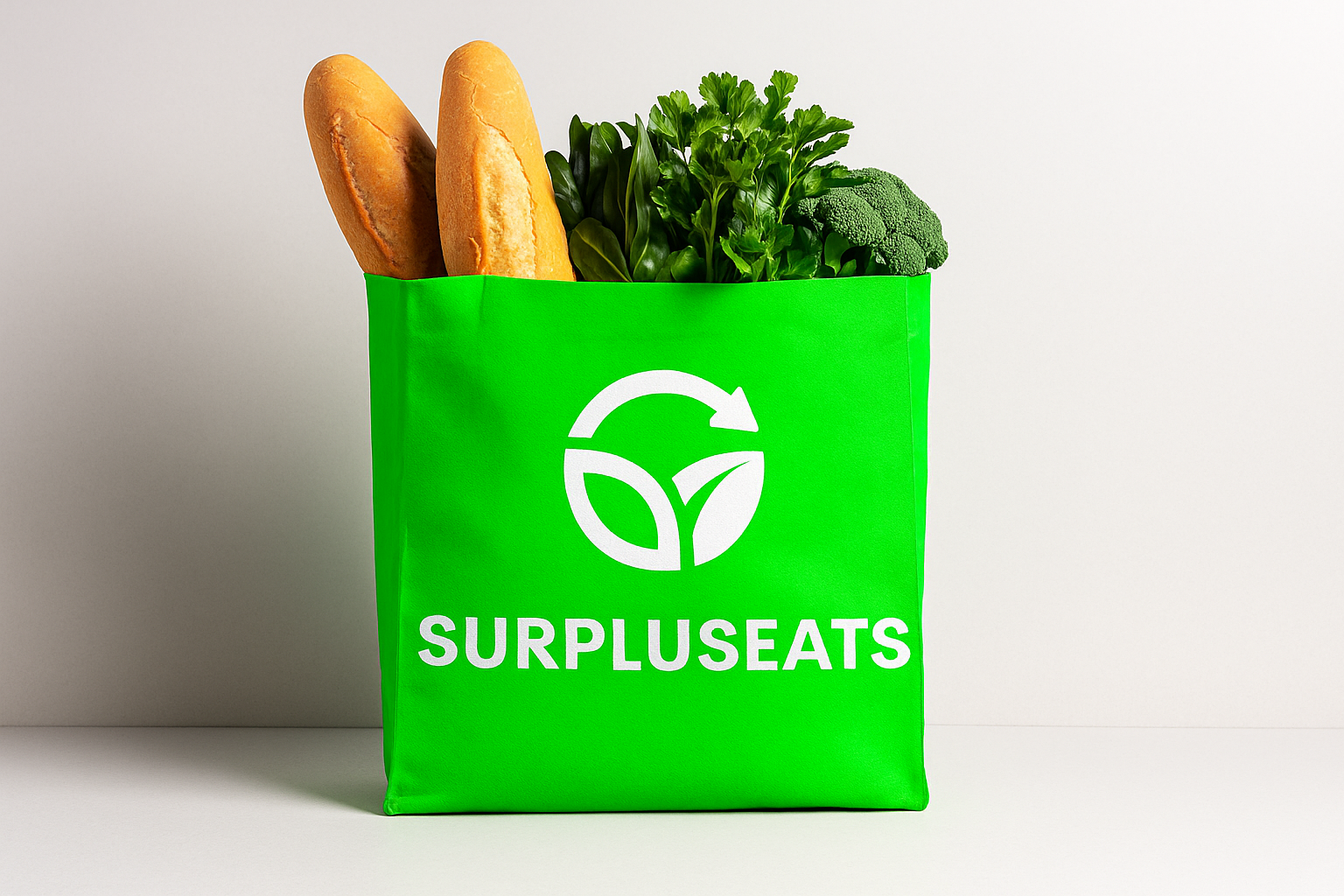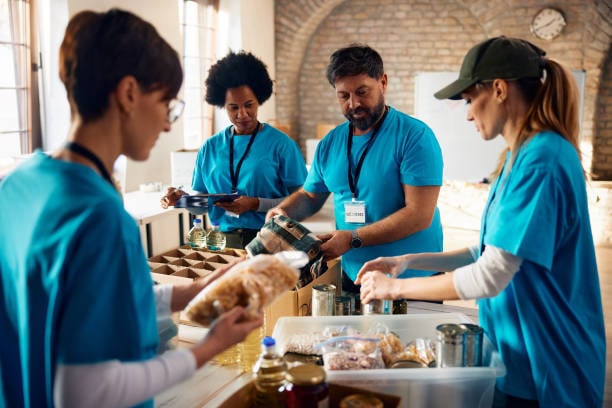Save Good Food from Going to Waste
Get behind-the-scenes updates and find out when it's ready
SurplusEats is a Foodtech company on a mission to eliminate food waste and hunger, enabling everyone to ensure surplus food feeds people, rather than ending up in landfills.
.jpg?width=612&height=408&name=istockphoto-187676687-612x612%20(1).jpg)
Meet the Team
Alpha Milomo
Sereno De-Wee
Arthur Nel
Why SurplusEats?

Local Stores, Restaurants, Cafes
SurplusEats allows food service businesses to monetize surplus food that would otherwise be wasted, turning potential losses into profit. By reducing food waste, businesses can strengthen their environmental credentials and make a positive sustainability impact. Additionally, SurplusEats provides an easy way for businesses to contribute to local communities through corporate social responsibility (CSR) by donating surplus food to NGOs.

Consumers
SurplusEats offers access to quality food at discounted prices, making shopping more affordable for consumers. Through a convenient mobile app, users can easily browse and secure discounted meals nearby. By choosing SurplusEats, consumers also help the environment by reducing food waste.

NGOs/Charities
SurplusEats provides a direct channel for NGOs to receive surplus food donations from businesses, enabling them to serve more people in need. By strengthening partnerships between businesses and communities, SurplusEats effectively addresses food insecurity and fosters community support.
WHY IS FOOD WASTE A PROBLEM?
Food waste has an enormous impact on society, the economy and the environment. As such, reducing food waste presents a powerful opportunity to make a positive impact on climate change, the cost of living, and food accessibility.
10%
of all greenhouse gas emissions worldwide
are caused by food waste
25%
of freshwater used annually
goes into food that ultimately goes to waste
11.5%
of all land in the world
is used annually to produce food that ultimately goes to waste. In total, this corresponds to a land area larger than China
$1.1 TRILLION
is the amount of money lost through food waste every year
2.4
billion people
do not have access to adequate, nutritious food
733
million people
are affected by hunger every day
Surplus food is generated at any stage of the supply chain from farm to fork.
Food surplus is not food waste, but unfortunately often ends up as waste. In fact, in most cases it's perfectly good food that for any of many reasons, is unlikely to be sold or consumed. Making the most of surplus food is a great way to reduce food waste (FAO, 2018).
Food loss happens at an earlier stage in the supply chain and this food does not re-enter the supply chain for any other production use, like animal feed. It happens at harvest, slaughter or catch, so before the food reaches the store shelves, restaurants, food service provider or the end consumer. The United Nations' Food and Agriculture Organization (FAO, 2019), defines food loss as a “decrease in the quantity or quality of food resulting from decisions and actions by food suppliers in the chain, excluding retailers, food service providers and consumers.” This loss of food can happen due to many different reasons.
According to WWF (2021), 1.2 billion tonnes of food loss happens at farms each year.
Food waste happens at the end of the supply chain, for example when the food has made it to retailers, grocery stores, food service providers and consumer households. The FAO defines food waste as “the decrease in the quantity or quality of food resulting from decisions and actions by retailers, food services and consumers” (FAO, 2019).
According to UNEP (2024) and FAO (2019), 1.4 billion tonnes of food waste happens at processing, distribution, retail, food services and household levels.
According to WWF (2021), 40% of the food that we produce globally goes to waste. This means that 2.5 billion tonnes of food is wasted every year. This equates to 80,000 kilograms of food being wasted around the world, every single second.
When reducing or avoiding food waste, we avoid harmful CO2e emissions and the unnecessary use of valuable resources including water and land. Each meal saved from going to waste through SurplusEats, will be equivalent to avoiding 2.7 kg of CO2e emissions, avoiding the unnecessary use of 810 litres of water, and avoiding the unnecessary annual use of 2.8 m2 of land (Merieux Nutrisciences | Blonk, 2024).
Saving food from going to waste through SurplusEats offers environmental benefits on three levels:
- All the energy and resources used in the process of making that food have not been used in vain;
- Consuming this surplus food means that additional food does not need to be produced;
- The food that you rescue from going to waste will now not end up in landfills or incinerators, avoiding additional emissions.


